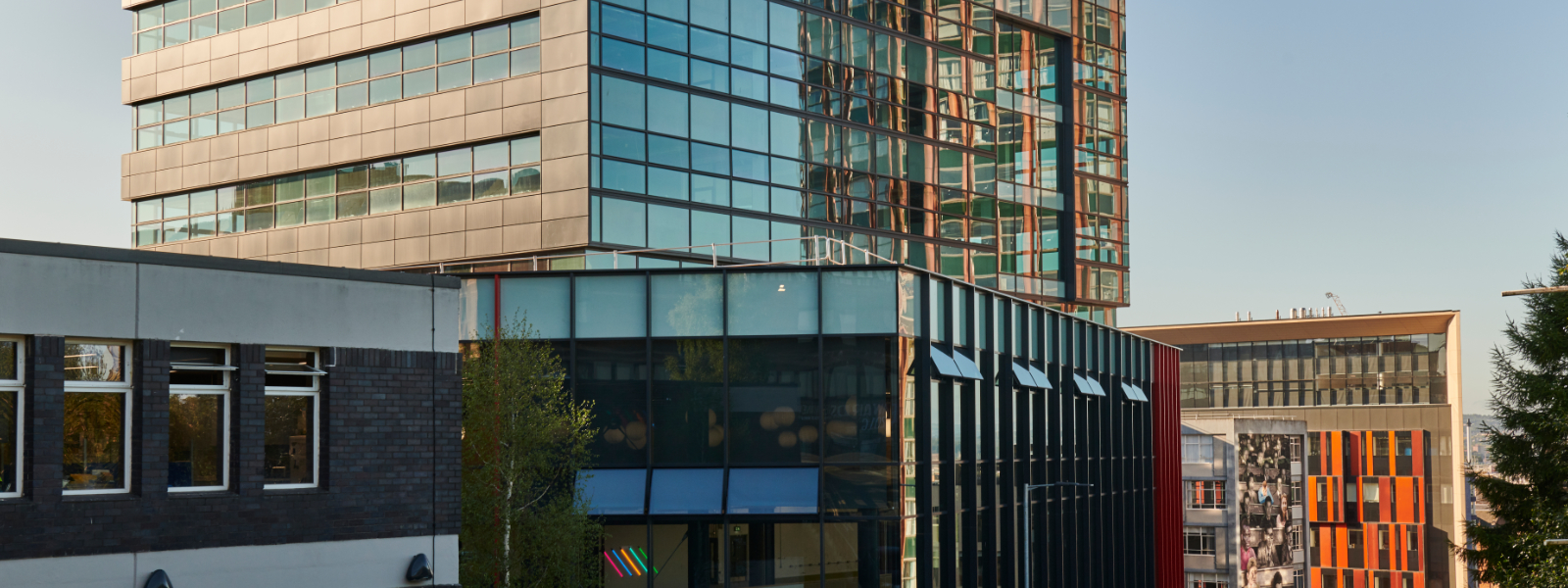
Erwin, from Indonesia, is a student on the MLitt Media & Communication within Strathclyde's Department of Humanities
Tell us about your background.
I originally graduated in Psychology from the University of Indonesia back in 2006, Since then, I have worked in a number of broadcasting roles in Indonesia over the past 15 years including as a sportscaster, creative producer, managing editor and, most recently, as a broadcast journalist hosting a weekly current affairs programme.
Tell us about your experience of studying the MLitt Media & Communication.
It took me more than ten years to return to studying after my undergraduate degree and, as a result, I needed sometime to become ‘fit’ for the academic environment. During the first semester, for instance, I found I struggled to adapt. As a broadcaster, the way I write a paper was different with the way scholars do; while I got distinctions for most classes, the feedback said my assignments could be too “journalistic”. But I was fully supported by the lecturers and the academic community. I became more used to the journals and literature and this helped me reach my full potential both academically and professionally.
Overall, the most enjoyable part of the MLitt was being able to return to university in the UK to experience a new culture and to meet incredible students from all over the world.
Tell us about your dissertation.
Under the supervision of Prof. Lesley Henderson, I explored Indonesian Muslims’ views of the halal Covid-19 vaccine campaign. In Indonesia, where 230million Muslims live, vaccine hesitancy appeared to have increased during the Covid-19 pandemic. Concerns regarding the halal-ness of the new vaccines inhibited vaccine coverage (only 22% of population who received the first dose of vaccine as pandemic entered the second year).
To enhance public acceptance of the vaccine, a national campaign emphasising the halal nature of the Covid-19 vaccine was orchestrated. I investigated the extent to which the campaign was effective, with few existing empirical studies on the subject.
What are your plans for the future?
While working on my dissertation, I applied for and was successful in gaining a scholarship from the Strathclyde Centre for Doctoral Training (SCDT) and the Natural Environment Research Council (NERC) to undertake a PhD on “Communicating (Micro)plastics: A comparative analysis of emotion and attitude-behaviour change among Gen Z and millennials in the UK and Indonesia.”
I am looking forward to beginning research and also thinking ahead to a career in research of my own in the future.
What advice would you give to someone considering applying to the MLitt Media & Communication?
This is the place where you can go way beyond the modules. Strathclyde will give you 100% support in terms of expanding your intellectual curiosity as well as your future career.
